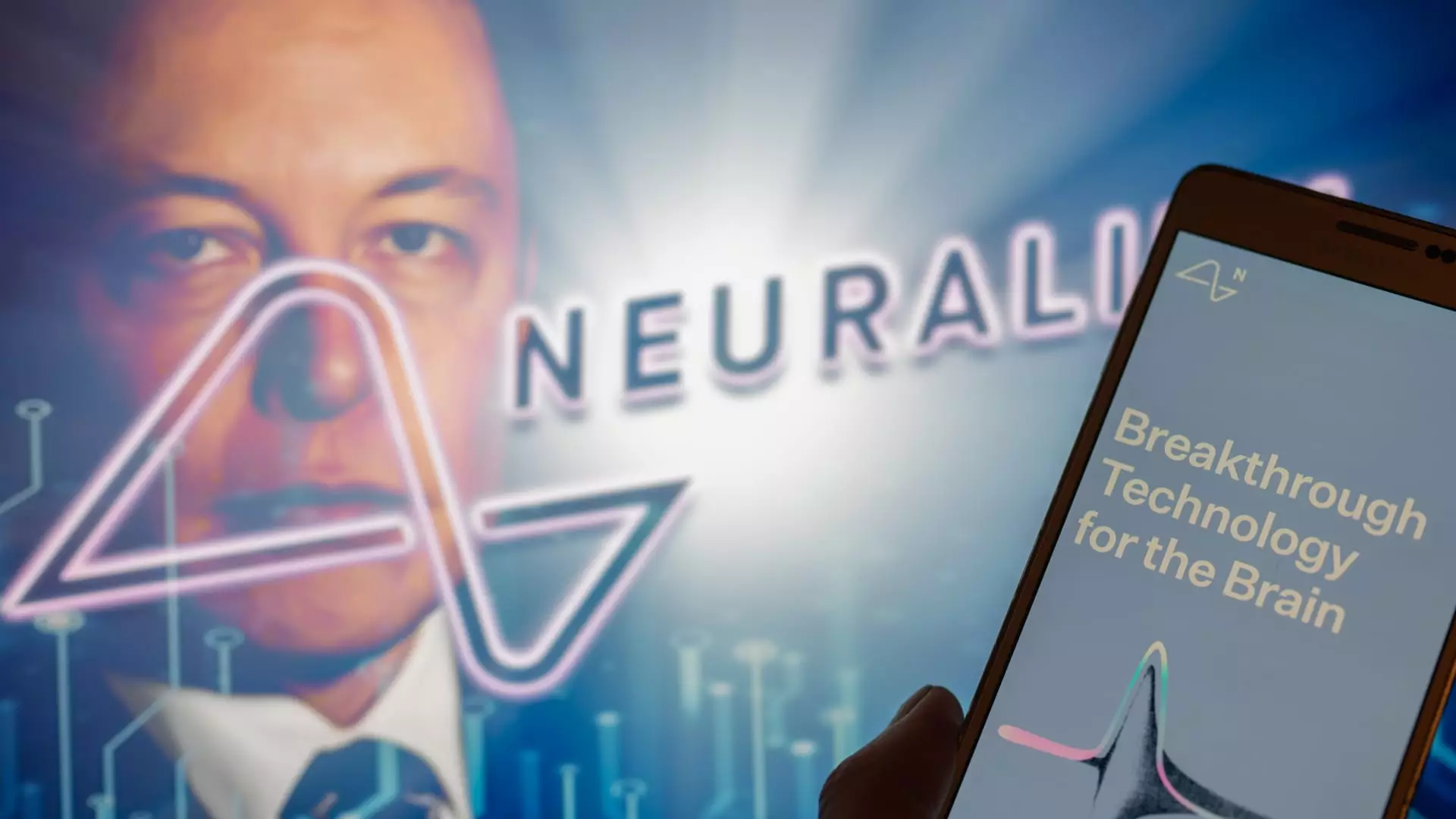Elon Musk announced that his brain tech startup, Neuralink, is gearing up to implant its system in a second human patient within the next week. This news comes after the company encountered hardware problems with its first participant, Noland Arbaugh. Despite the setbacks, Neuralink is determined to forge ahead with its mission of creating a brain-computer interface (BCI) to assist patients with paralysis.
Neuralink’s pioneering system, named Telepathy, utilizes 64 threads thinner than a human hair to record neural signals through 1,024 electrodes. This cutting-edge technology has the potential to revolutionize the field of BCIs and provide hope for individuals suffering from paralysis. While Neuralink is not the only company working on BCI devices, it is at the forefront of developing novel solutions to help patients regain control of their body functions.
Following the implantation of the BCI in Noland Arbaugh, Neuralink faced complications as some threads retracted from his brain. While this issue did not pose an immediate threat to Arbaugh’s health, it prompted the company to reevaluate its procedures and make necessary adjustments. Despite the setbacks, Arbaugh was able to use the BCI to engage in various activities, showcasing the potential of this groundbreaking technology.
Neuralink is committed to enhancing its implantation process to minimize the risk of thread retraction in future patients. By sculpting the surface of the skull and inserting threads deeper into the brain tissue, the company aims to improve the overall performance and longevity of the BCI. With insights gained from Arbaugh’s case, Neuralink is taking proactive steps to ensure the success of upcoming implants.
As Neuralink prepares to implant its system in additional patients, the FDA will continue to monitor the safety and efficacy of the devices through regular reports. This regulatory oversight is crucial in ensuring that patients receive the highest standard of care and that any issues are promptly addressed. With the support of regulatory authorities, Neuralink is poised to advance the field of BCIs and offer new hope to individuals with paralysis.
Neuralink’s upcoming implantation of its system in a second human patient marks a significant milestone in the development of BCIs. Despite the challenges faced with its first participant, Neuralink remains dedicated to pushing the boundaries of brain technology and improving the lives of patients with paralysis. With ongoing research, innovation, and regulatory oversight, Neuralink is on track to revolutionize the field of neurotechnology and unlock new possibilities for individuals with neurological conditions.

